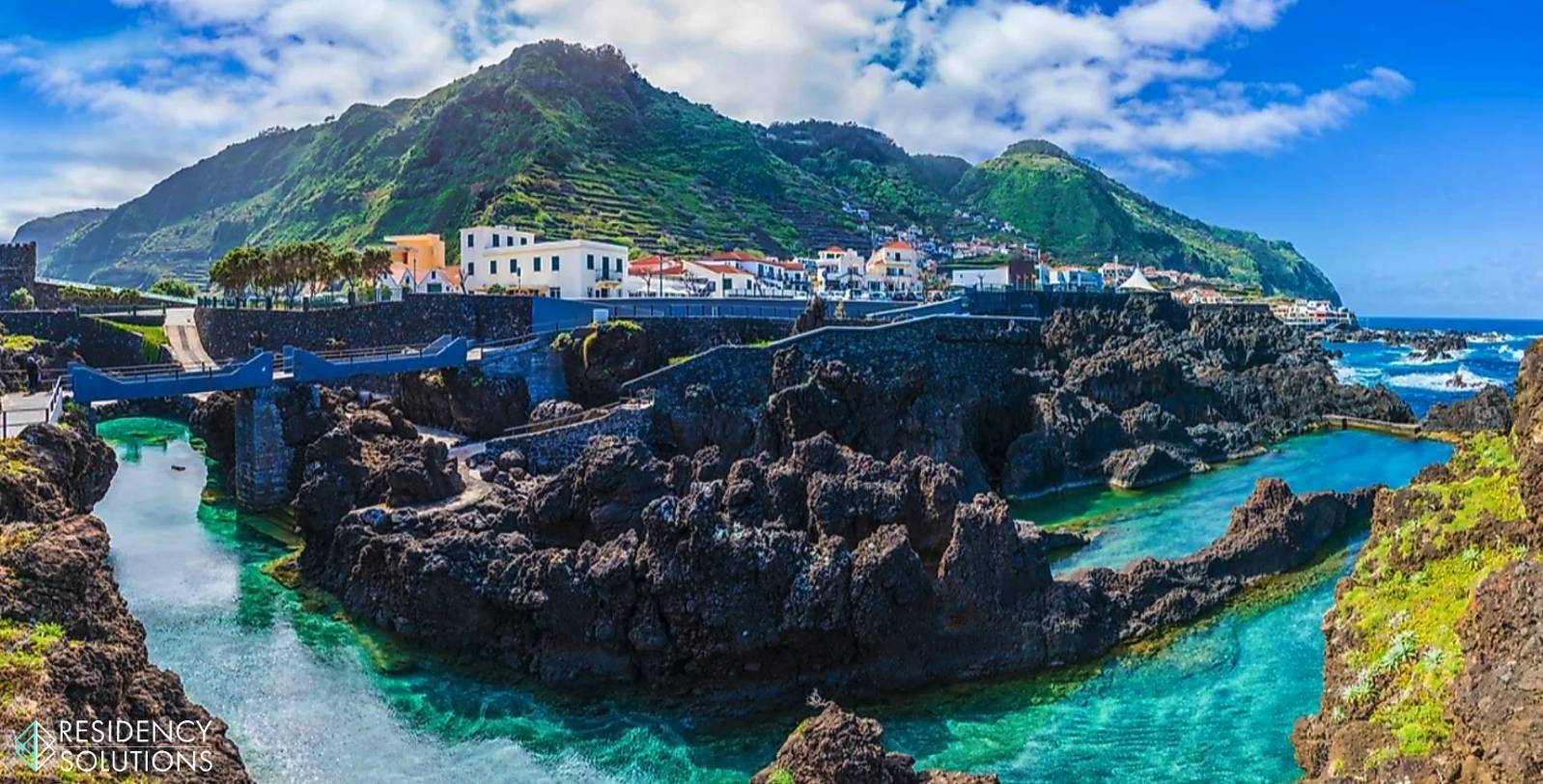
What Are the Important Events in Portuguese History?
Portuguese history is rich and spans thousands of years, marked by significant events. Here are the 15 most notable historical events in Portugal:
Battle of Sao Mamede (24 June 1128): This marked a critical point in Portuguese history, as Afonso Henriques won the war against his mother Theresa due to a disagreement, declaring the sovereignty of the Portuguese region.
Treaty of Zamora (5 October 1143): This date is recognized as Portugal’s independence date, and Afonso Henriques became the First King of Portugal.
Battle of Aljubarrota (14 August 1385): A conflict between the Portuguese and Castilian armies led to Portugal’s victory, ending the Portuguese Interregnum.
Conquest of Ceuta (21 August 1415): Ceuta was successfully conquered by the soldiers of King John I.
Treaty of Tordesillas (7 June 1484): An agreement between Portugal and Castile was signed in the town of Tordesillas, dividing the world into discoveries and lands to be discovered.
Discovery of the sea route to India (1497-1499): The Indian sea route was discovered by the Portuguese navigator Vasco da Gama.
Discovery of Brazil (22 April 1500): Brazil was discovered by Pedro Alvares Cabral on his way to India.
Lisbon Earthquake (1 November 1755): A devastating earthquake, with a magnitude of 8.7 to 9, destroyed Lisbon and resulted in the deaths of more than 10,000 people.
First Napoleonic Invasion (18 October 1807): A French army led by Napoleon and General Juno invaded Portugal. However, the French troops were defeated with the support of the British army.
Proclamation of the Republic (5 October 1910): A revolution organized by the Portuguese Republican Party abolished the monarchy and proclaimed Portugal a republic.
Military Dictatorship (28 May 1926): An anti-parliamentary military coup ended the First Portuguese Republic and created the Military Dictatorship, appointing General Carmona as President.
Salazarism: Antonio de Oliveira Salazar became the head of the government.
Colonial War (1961-1974): Conflicts occurred between the Portuguese Armed Forces and Angola, Guinea-Bissau, and Mozambique.
Carnation Revolution (25 April 1974): What began as a coup evolved into a genuine revolution, and after the Carnation Revolution, the Portuguese people started to vote freely for the first time.
Accession to the European Union (1 January 1986): Portugal joined the European Union, marking a significant turning point in its economic and political history.
These historical milestones encapsulate the rich and diverse heritage of Portugal, which can be traced back to the Celts in the years before Christ.
